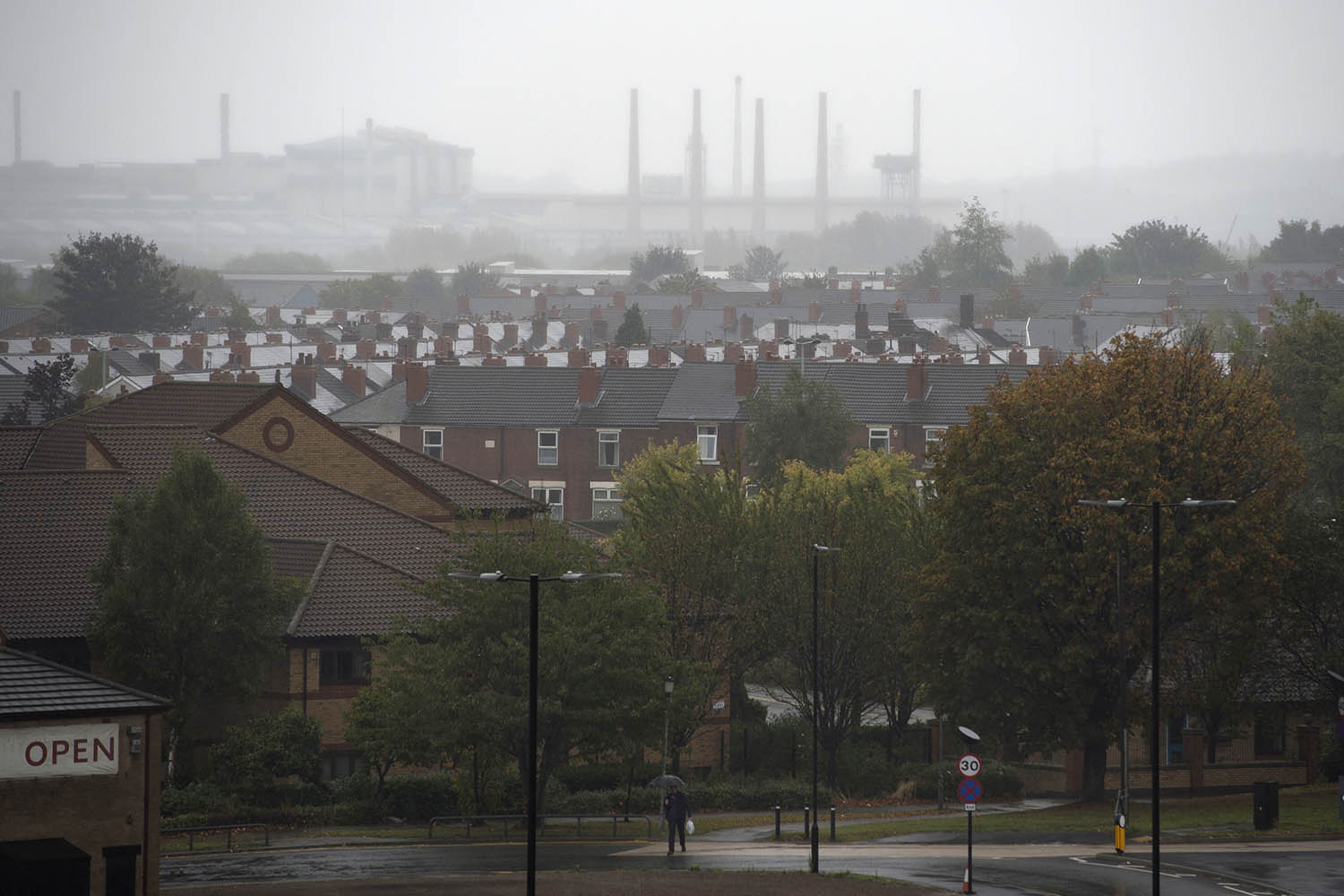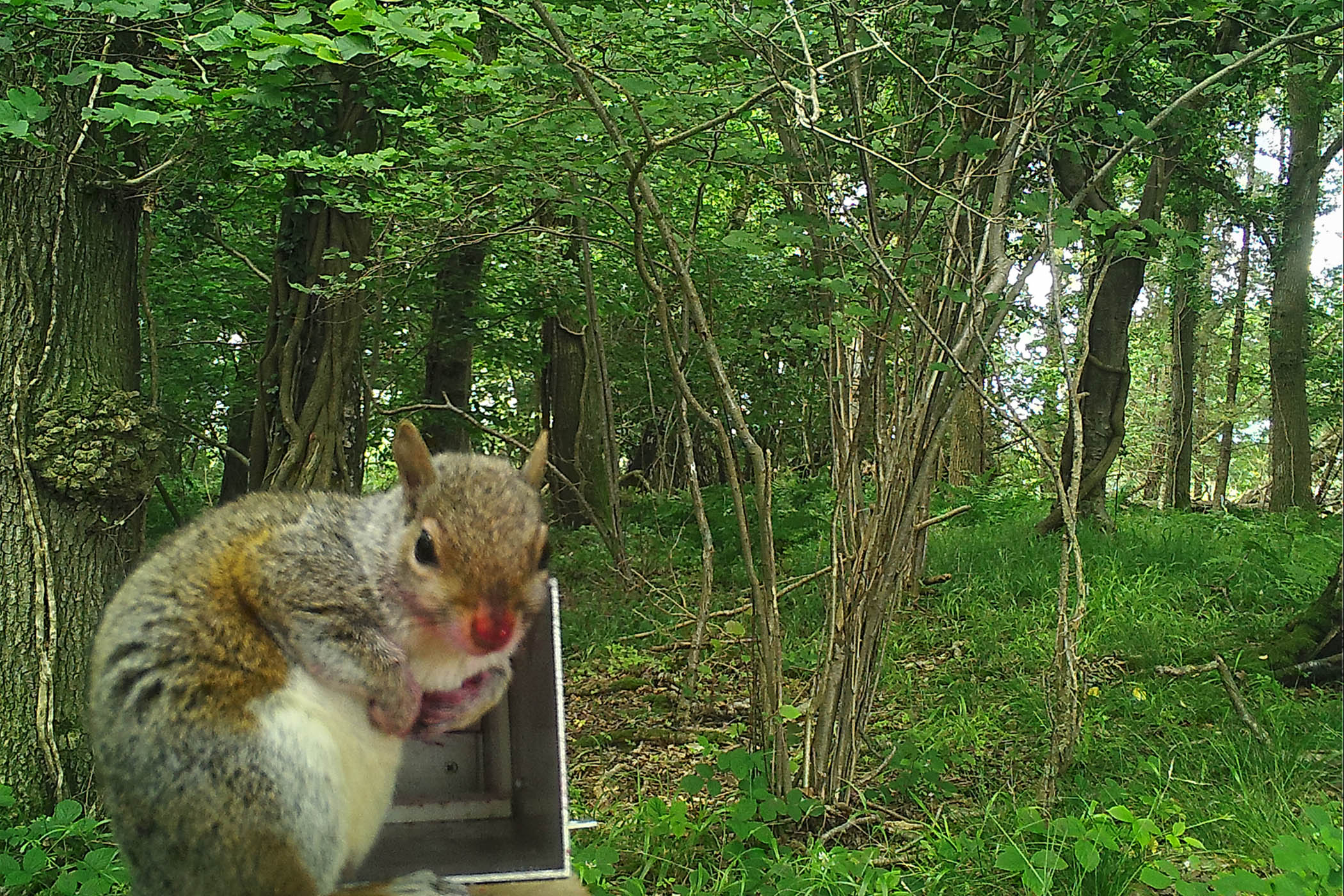As the chief prosecutor who led the teams that brought the so-called Rochdale grooming gang to justice in 2012 – for the abuse of up to 47 young girls – I then went on to lead the national response to localised grooming and child sexual abuse across England and Wales. The Rochdale case only moved forwards because I personally overturned a decision not to prosecute.
I spent long days at the CPS, consulting with my boss, Keir Starmer, on what we needed to do in the wake of Rochdale. We had learned a lot, and I felt optimistic that we could apply the lessons successfully. We developed the child sexual abuse review panel, which would look at previously dismissed cases of sexual abuse that could be re-examined, should a victim wish to revisit their allegations. The position of a complainant whose allegation is described as “unsubstantiated” is extraordinarily difficult. Sometimes “unsubstantiated” is in reality a euphemism for “uninvestigated”.
Last week’s report, revealing how police and other agencies mishandled the sexual abuse of children in Manchester, Rotherham and elsewhere, is heartbreaking – but not surprising. It confirms that some authorities failed to act, in part, out of fear of the consequences of targeting British Pakistani and south Asian offenders. Those fears, however real, cannot excuse the reality: professionals tasked with safeguarding children chose inaction. They permitted rape rather than risk controversy.
The failure was not in the children. It was in the state. These girls were targeted precisely because the system did not care. Many came from working-class backgrounds; those responsible for protecting them often did not. British society labelled them as “difficult” instead of “vulnerable”. Let’s be clear on context. Most child sexual abuse occurs within families. After that, it’s increasingly common online, and then within institutions – schools, religious spaces, sports clubs. Street grooming is the smallest category, yet it still affects thousands. While the majority of abusers are white men, localised street grooming cases show a disproportionate number of perpetrators are British Pakistani.
I do not care where abusers come from. I care that they are stopped. I told parliament in 2012 that ethnicity was an issue – but not the issue. The real problem was how the credibility of victims – usually girls from troubled backgrounds – was routinely dismissed. Many had been drawn into low-level criminality by their abusers, only to be blamed for their own exploitation.
Let’s also be honest: law-abiding British Pakistani and south Asian communities would have applauded the police for bringing these men to justice. Instead, cowardice prevailed. Fear of backlash prevented action, and that vacuum was swiftly filled by hate. The far right seized upon the silence. But worse than that, victims were left to suffer.
Nazir Afzal is chancellor of the University of Manchester and a former chief crown prosecutor for north-west England
Photograph by Oli Scarff/AFP via Getty
Newsletters
Choose the newsletters you want to receive
View more
For information about how The Observer protects your data, read our Privacy Policy
Related articles:


